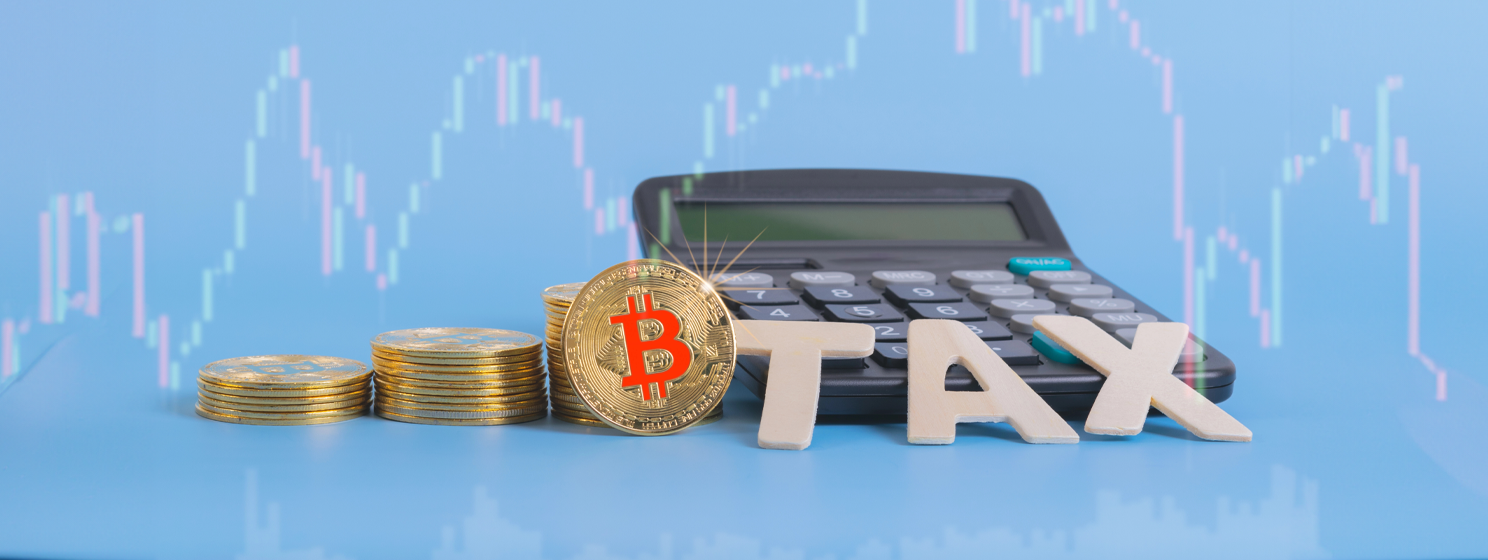|
Getting your Trinity Audio player ready...
|
Central bank governors from several countries are in Thailand to share ideas over the role of central banks amid the rising adoption of decentralized finance (DeFi) and digital assets.
The central bank executives are hosted by the Bank of Thailand (BOT) and the Bank for International Settlements (BIS) under the theme of “Central Banking amidst Shifting Ground.” Several panel sessions were held during the event with the central banks of South Korea, New Zealand, and Hong Kong, marking the 80th anniversary of the BOT.
A panel discussion bordering on virtual currency and the economy saw Eddie Yue, head of the Hong Kong Monetary Authority (HKMA), express optimism on the future of distributed ledger technology (DLT) in financial systems. Yue pointed out the immense benefits of central bank digital currencies (CBDCs) and stablecoins while highlighting their potential to improve the state of cross-border transactions.
Yue noted that he was aware of the inherent risks posed by using virtual assets in mainstream financial systems, such as scams and hacks, and proffered a way around the challenge. The head of the HKMA urged other central bank executives to focus on off-chain activities as it gives the greatest amount of control to central banks.
“We can start with regulating off-chain activities like regulating virtual asset exchanges,” said Yue. “Hong Kong will soon introduce not just the AML (anti-money laundering) aspect but also investor protection.”
Yue seized the chance to share Hong Kong’s plans for regulating stablecoins while pledging to align with international best practices.
Other topics the central bank executive deliberated on include inflation, the future of Southeast Asia, and the role of central banks in combating climate change.
South Korea’s central bank chief opts to tread with caution
Rhee Chang-yong, the Bank of Korea governor (BOK), told attendees at the conference that he viewed digital assets with skepticism, given the recent implosions that rocked the industry and the spillover effect it had in the broader economy.
“I was more positive before, but after seeing the Luna, Terra, and now the FTX issues. I don’t know if we will see the real benefit of this new technology, at least for monetary policy,” said Rhee.
South Korea bore the brunt of Terra’s collapse, with thousands of Koreans holding TerraUSD (UST) on the basis that the project’s founders were Koreans. A recent survey revealed that the country had over 100,000 active monthly users on the troubled FTX exchange.
Watch: The BSV Global Blockchain Convention presentation, Domineum: Better Government & Enterprise Applications with BSV

 03-05-2026
03-05-2026 




